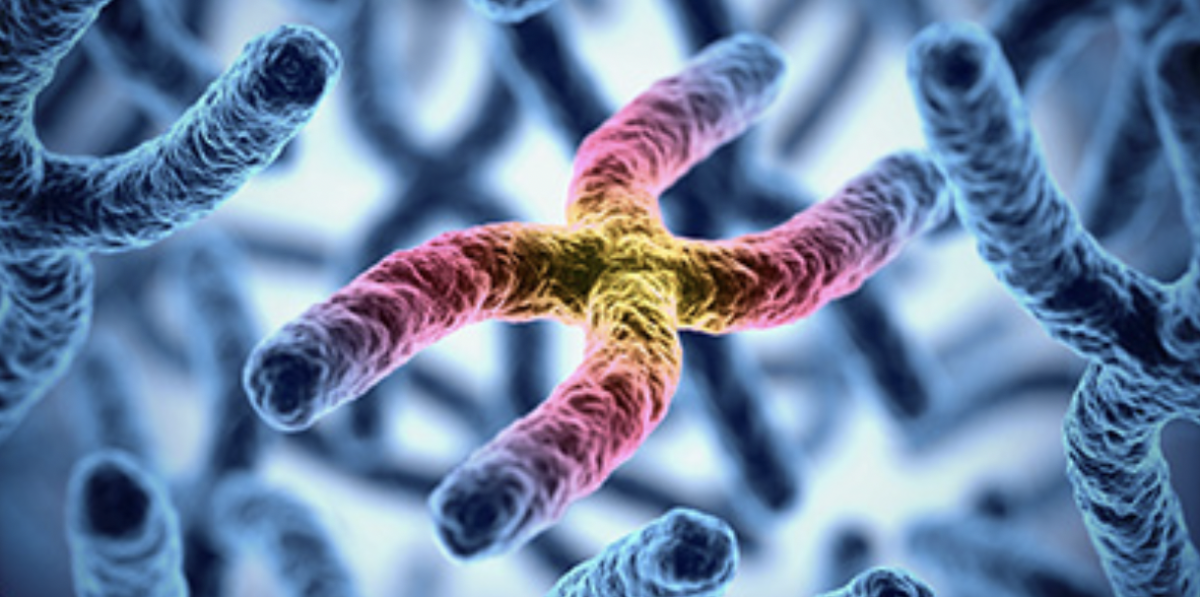Does Going to Therapy Make You a ‘Better’ Person?

October 24, 2022
With an onslaught of positive representations of mental health in the media and real life, conversations about therapy have been brought to the forefront of many people’s lives. Most young people would agree with the statement that those who go to therapy are generally “better” people than those who do not, even if the sentiment sounds harsh. But does going to therapy really make you a morally superior person? And if not, why do people think this?
Going to therapy has become a default setting of what a “healthy” lifestyle looks like in many people’s minds. As opposed to in the past when one would not attend therapy unless on the verge of having a mental breakdown, many upper-class people today attend therapy regularly because, well, it is kind of expected. If you can afford to go to therapy, then why not? There can be no net losses, right? Most people feel like they should be in therapy, even if they can’t pinpoint an exact reason why. Going to therapy has become akin to a New Years’ resolution, something that one resolves to do in order to better themselves for the greater good. If you see someone on social media say something out of pocket, oftentimes the immediate reaction is “go to therapy!” or “ever heard of going to therapy?”. Any minute character flaws are immediately pointed out as needing to be remedied, and that remedy is going to therapy. While this idea of just “going to therapy” often ignores the class implications of one’s situation, it also fails to question whether or not “going to therapy” will solve the problem at hand. There is a belief that in a fantasy world everyone would go to therapy, and therefore the world would be perfect. Everyone would be a “good” person. This idea can sometimes drive people to feel guilty about not going to therapy, even though there may be nothing that is driving them to want to go, the fear of being labeled a “bad” person is enough. Studies show that more people are seeking mental health counseling than ever before. In 2007, 29.6 million people sought mental health treatment, but as of 2020, 41.4 million people are seeking mental health treatment. This is not necessarily a bad thing either, it just goes to show how many more people are seeking out mental health treatment in recent years. But is it because they want to? Or is it because they feel like they have to?
Therapy can be used to signal to other people that one is a good person, or is trying to work towards being a better person. However, that’s all that saying “I go to therapy” means. No one can really know what your intentions are in therapy, or if you are making actual progress. All they know is that you have identified, like most of popular culture, that going to therapy raises your moral status. So, to answer the question, does going to therapy make you a better person? Personally, I would say not necessarily. At least it does not inherently make you better than those who don’t, and it shouldn’t be used as a way to signal to other people that you are working to “improve yourself” if that is not really one’s intention; which, on another note, is okay. As a society we should not have to always be working to improve ourselves, taking a break from constant self-improvement will give you more energy to work through problems that truly affect your life and relationships when they present themselves. Until a problem like that presents itself though, most mental health professionals agree that people should not feel the need to attend therapy just for the sake of raising their moral status and being labeled a “good” person.
























